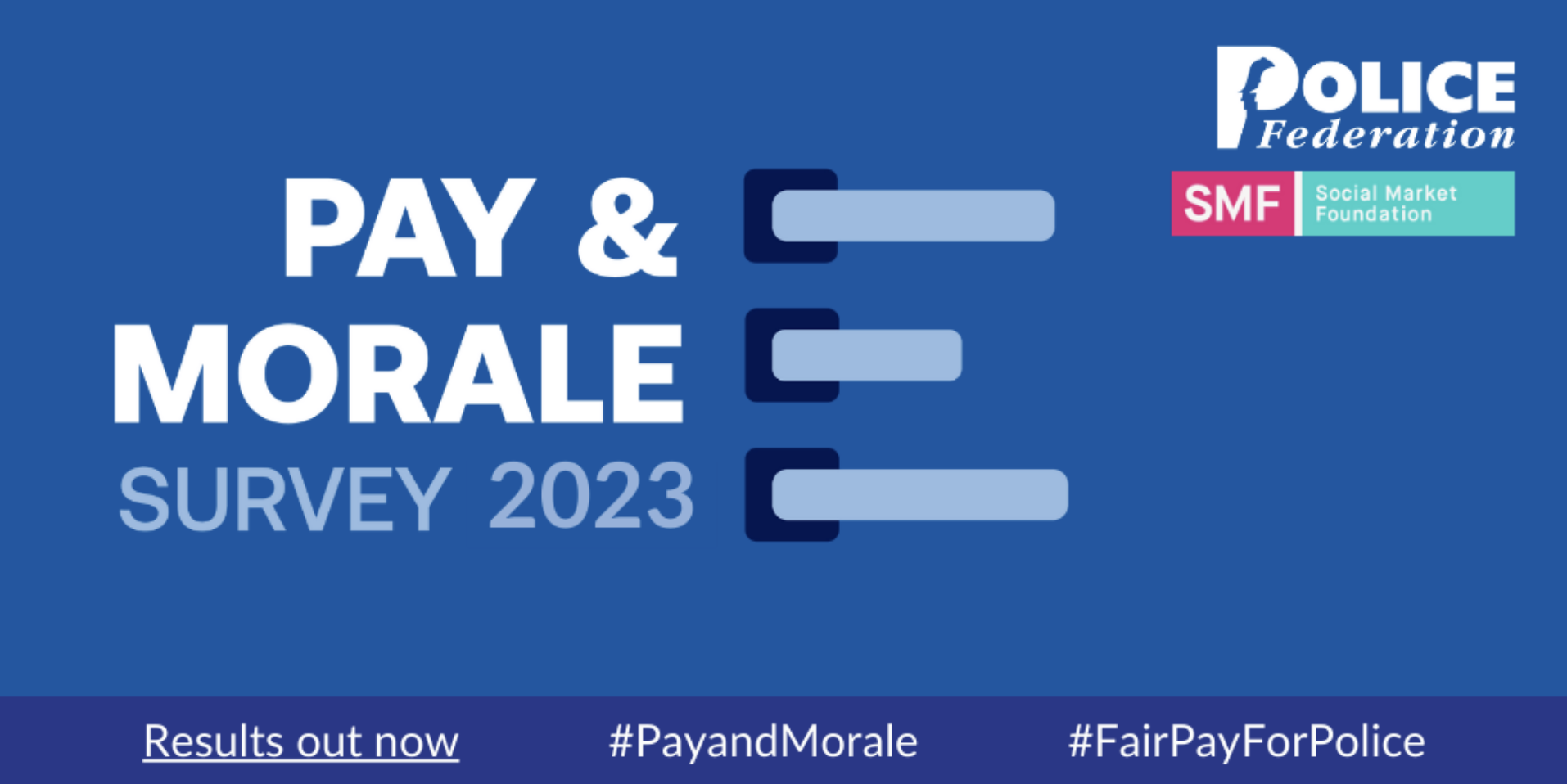Pay and Morale Survey is a wake up call, says vice chair
South Wales Police Federation vice chair Phil Walker hopes new research which found more than one in five officers plan to quit policing ‘serves as a wake-up call’.
Phil was commenting on the Police Federation of England and Wales’s (PFEW) annual pay and morale survey, which revealed 22 per cent of officers are planning to leave the service.
Of those, 85 per cent said morale was a contributing factor in wanting to leave. Poor treatment from the Government (78 per cent), their mental health and wellbeing (73 per cent) and pay (70 per cent) were also key factors.
Phil said: “These figures from the national survey across England and Wales paint a stark picture of how our members are feeling at the moment.
“Officers feel proud of their work, but they also need to feel supported. They do an incredibly difficult job and should be rewarded for that.
“However, the Government in Westminster has eroded police pay and conditions and often used them as a political football – and it is contributing to low morale and to officers questioning whether they want to be in the police.

“This survey needs to serve as a wake-up call for the Government, or indeed a future Government given that we’re in a General Election year.
“We need to see action around pay and workloads, or more officers will leave the service than we’re seeing already.”
Phil said the Federation would continue to campaign for an alternative to the pay review mechanism.
He said: “As police officers, we don’t have the ability to exercise industrial rights, which is available to other public sector workers.
“PFEW believes it’s one of the reasons police pay has been degraded over many years.
“The current system is unjust and unfair and is not fit for purpose, and we need a new one that is truly independent.”
The PFEW pay and morale survey results, which has been released today, found that 85 per cent of respondents feel they are not fairly paid given the hazards they face within their job, up from 78 per cent in 2018.
That is illustrated by 15 per cent reporting they had suffered one or more injuries that required medical attention because of work-related violence in the last year.
More than three quarters (78 per cent) of police officers disclosed they are ‘dissatisfied’ or ‘very dissatisfied’ with their overall remuneration (including basic pay and allowances), while 18 per cent reported ‘never’ or ‘almost never’ having enough money to cover all their essentials.
More than half (58 per cent) of respondents feel their morale is ‘low’ or ‘very low’, while 87 per cent feel morale within their force is currently ‘low’ or ‘very low’.More than two-thirds (82 per cent) indicated they had experienced feelings of stress, low mood, anxiety or other problems with their mental health and wellbeing over the last 12 months.
Other findings include:
• 95 per cent said how the police are treated by the Government had a negative impact on their morale.• 81 per cent said their pay had a negative impact on their morale.• 73 per cent said they would not recommend joining the police to others.• 71 per cent said they did not feel valued within the police.• 92 per cent of respondents feel they are not fairly paid given the stresses and strains of their job.• 86 per cent said they do not feel there are enough officers to meet the demands of their team or unit.• 64 per cent said their workload has been ‘too high’ or ‘much too high’ over the last 12 months.• 39 per cent said their workload being too high had an impact on their mental health and wellbeing.
PFEW national chair Steve Hartshorn said: “At a critical time where the police service is looking to rebuild eroded public confidence, a sustained recruitment and retention programme is needed to meet demand and deliver. The numbers we currently have are not enough and we are haemorrhaging officers.
“We do not need to scratch our heads wondering why they are quitting, because the evidence is right here, with unfair pay at the centre of it all.
“A fair pay mechanism is urgently needed, namely the ‘P-Factor’, a payment for remunerating officers for the harm they may encounter while carrying out their duties among other restrictions. It is there to address a series of unique issues experienced by police officers, and independent research agrees with this positioning.
“To help the Government understand these unique challenges to policing, PFEW is undertaking its own review of the P-Factor design and formula to support our campaigning on this matter.
“The survey findings ultimately demonstrate the need for committed action, and a vote for the members to make a decision around whether they want to seek greater industrial rights, specifically collective bargaining and binding arbitration in relation to pay and conditions, will be held as soon as is practicable this year.”
